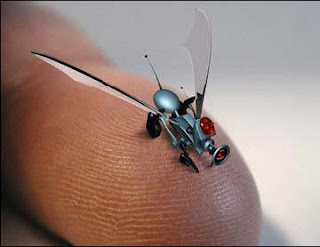What’s the best gaming controller?
A controller I “designed” during Art class, 1994 I think I’ve used every game controller that has ever existed. The first one I used was a handle with a knob on the end which you twisted to move the bat in Pong up and down. What about today’s 3 controllers? They all have such major pros and cons. If someone could put all the good features into one controller, it would be amazing. Xbox I owned the Duke , and I didn’t mind it, but I have decent sized hands and it still felt like a bowl with buttons so when they brought out the newer controller I felt it was a good move. Ever since then Xbox controllers have been the most natural, comfortable controller out there, without question. I had a 360 controller for over a decade and a half across the Xbox 360 and PC, and it just worked. I love the concave thumbsticks. None of this slippery nubs like the Playstation. I’m cool with the offset sticks, the buttons have always felt solid and the triggers get smoother with every release. It’s a so...










